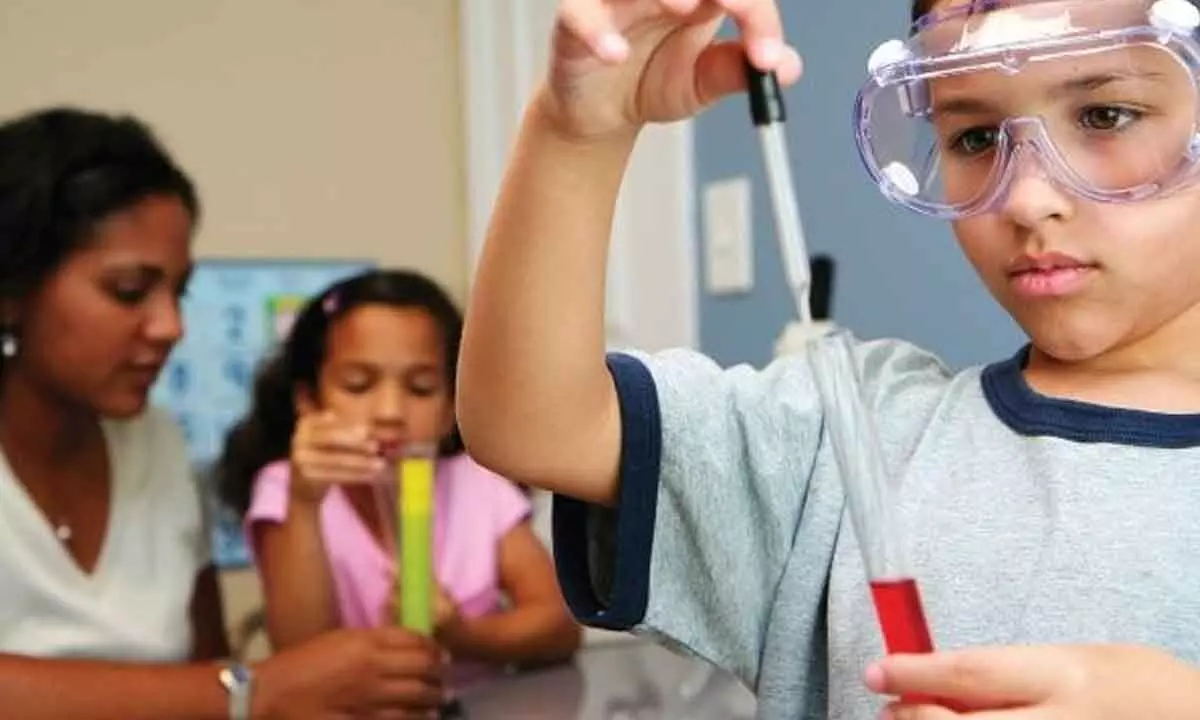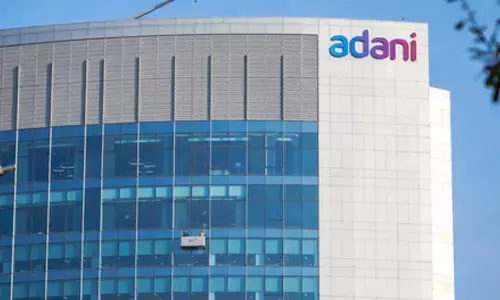Experiential learning, hands-on skill training vital for students

The world is dynamic and ever-changing. Its come astronomically conceded that children brought into the world and subsequent generations can anticipate having around five careers over the course of an endurance.
The world is dynamic and ever-changing. Its come astronomically conceded that children brought into the world and subsequent generations can anticipate having around five careers over the course of an endurance. Online classes and specialised skill shops are getting easy ways for students to stay up-to-date with the latest trends and skills necessary to thrive in today's modern workplace.
It's pivotal that schools integrate new literacy ways to help prepare children for the future workplace. Reiteration and instructional learning styles have ruled the training system since the industrial revolution. With both these strategies, the kid plays a fairly unresisting part in the learning process. Lately, it has become normal practice for teachers to integrate further dynamic learning ways in the classroom similar to experiential literacy.
Existential learning exists in a variety of course-and non-course-based forms and may include community service, service- literacy, undergraduate exploration, study abroad/ down, and culminating experiences such as internships, student teaching, and capstone projects, to name a few.
Benefits of experiential learning
Students can better grasp connections
Students might combat to embrace ideas that don't relate to "this present reality." With experiential learning, students are offered the chance to apply information and thoughts in a real circumstance where they play an active role. As the student communicates with the data, it turns out to be genuine to them.
Students have the opportunity to be more creative:
Experiential learning is probably the most effective way to show innovative critical thinking. With real-world content, kids discover that there are multiple solutions to a problem, and they are urged to look for unique solutions to hands-on tasks.
Students have the opportunity to reflect
By integrating substantial encounters with conceptual ideas, they connect it with the brain to understand it better. They are encouraged to examine actions that affected the issue, and how their outcome may have varied from other students. This analysis assists them with a better comprehension of how the ideas learned can be applied to other, varied conditions.
Teachers often observe improved attitudes toward learning
Experiential learning is intended to connect with students' feelings as well as improve their insight and abilities. Assuming a functioning part in the growing experience can prompt understudies to encounter more prominent delight in learning.
Incorporate experiential learning in the classroom:
Perhaps the easiest method for exposing students is by integrating off-site school trips and project-based learning into the curriculum. One model could be taking an interest in a science museum or any historical place for a visit.
How does hands-on training help students?
Duly structured, hands-on learning encourages students to assume outside of the proverbial box, blarneying them to experiment with and explore the problems, tools, and substances they'll work with regularly in their chosen careers. From an educator's perspective, this learning style also offers a welcome respite from the rote reiteration of "book literacy" or lecture.
Hands-on training uproots this tired, traditional classroom instruction, allowing students to move, interact with, and truly engage within the task. Rather than bored teammates simply staying for their proverbial turn at the club, they're rather immersed in the factual functional points of the task, figuratively getting their hands dirty with the materials, ways, and techniques being tutored. Comparatively to a chore – listen, take notes, remember – it becomes that magical organic experience, and students retain it the same way they would do visiting a gallery, or trying a new type of food. It's intriguing, and therefore the subject matter becomes easier to recall and further enticing to explore.
(The author is the Head of School, Ekya Schools)









